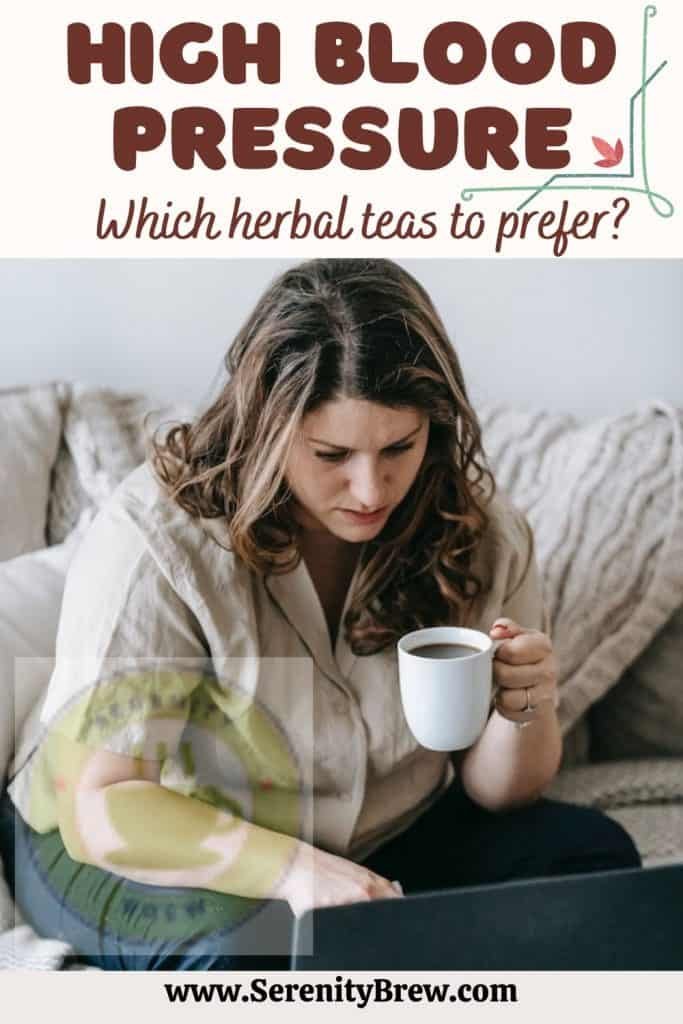
To fight high blood pressure naturally, you can also rely on some herbal teas. Let’s find out together what are the ingredients that can prove to be really effective.
In most cases it does not give symptoms but, albeit silently, it seriously endangers health: high blood pressure (or hypertension ) is a threat to the heart , brain , kidneys and even the eyes . When it rises beyond the safe levels, it must be brought back as much as possible towards values considered normal .
Fortunately , there is no shortage of drugs that help keep even the most serious situations under control; however, it is not said that the solution must necessarily be sought in the pharmacy. In fact, the first step to take is always to act on lifestyle , including nutrition.
Fortunately, when the pressure is not high enough to make it essential to take medicines, it is possible to try to keep it under control thanks to natural remedies such as herbal teas .
There is no shortage of ingredients to prepare them: here is an overview of those that could be useful.
The hibiscus ( Hibiscus sabdariffa )
Traditionally used in many West African cultures for various medicinal purposes, karkadè is one of the most studied herbal remedies against high blood pressure, so much so that the possible mechanisms underlying its effectiveness have also been hypothesized; its effect would in particular be due to its relaxing action on blood vessels .
A clinical study has come to compare the intake of its extract to that of captopril , the active ingredient of antihypertensive drugs, demonstrating that the two treatments are completely comparable in terms of reduction of high blood pressure and tolerability.
Ginger ( Zingiber officinale )
Ginger , a spice of Asian origin now widespread even in our latitudes, improves blood circulation and relaxes the muscles associated with blood vessels.
The tea ( Camellia sinensis )
The effects of this popular infusion on hypertension have not yet been fully understood.
It seems that the level of fermentation makes the difference : the most fermented tea (the one called “black”) is not associated with any effect on blood pressure, while the consumption of the non-fermented one ( green tea ) or partially fermented one (the oolong ) has been associated with a lower risk of struggling with high blood pressure.
Ginseng ( Panax )
Ginseng has been used for hundreds of years as a folk remedy for high blood pressure and other cardiovascular problems.
Its allied active principles of the heart are saponins and steroid glycosides. In the case of the Panax ginseng species, the antihypertensive effects have been attributed to its action on blood vessels.
Black cumin ( Nigella sativa )
Remedies obtained from black cumin seeds have been associated with both the reduction of blood pressure and that of total and “bad” cholesterol. In particular, the benefits against high blood pressure would depend on its ability to relax blood vessels .
Saffron ( Crocus sativus )
Saffron contains several molecules capable of exerting antihypertensive and vasodilatory actions .
Basil ( Ocimum basilicum )
The extract of this common plant helps to reduce both the maximum and the minimum, but its effect seems to be very limited in time ; in fact, only 2 minutes would be enough for the values to return to the starting levels.
Celery ( Apium graveolens )
Positive effects against high blood pressure have been associated both with the use of celery juice mixed with honey and with its seeds .
French lavender ( Lavandula stoechas )
Preliminary studies suggest that French lavender may reduce both blood pressure and heart rate .
The mistletoe ( Viscum album )
The aqueous extract of mistletoe has been associated with a vasodilatory action which could help reduce high blood pressure.
Moringa oleifera
This natural remedy also appears to have antihypertensive properties. The use of a decoction prepared from its leaves has already been tested on humans, providing concrete evidence of its ability to reduce high blood pressure.
Herbal teas for high blood pressure, a warning

But be careful: the beneficial effect of some of these ingredients has been associated with the use of extracts and other more concentrated preparations than an infusion. For this reason, the achievable benefits against high blood pressure may be less significant than one might expect.
We must not forget that some ingredients may have contraindications .
For all these reasons, when you suffer from high blood pressure it is always good to follow the advice of your doctor first and consult with him before relying on any alternative remedy, even if of natural origin.
